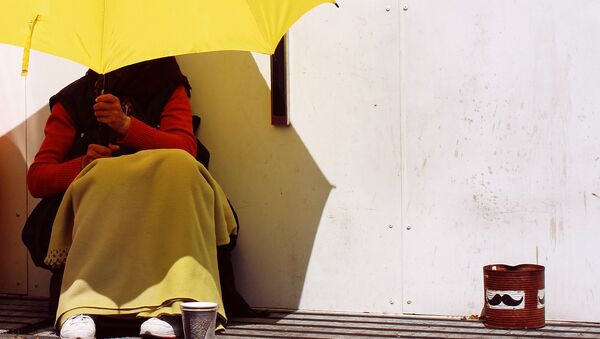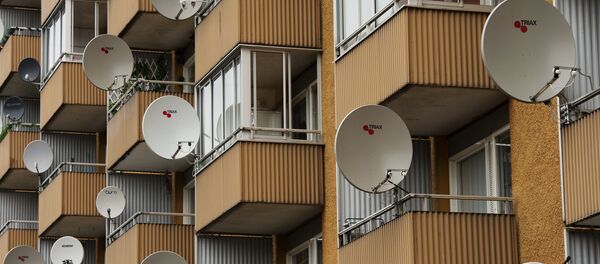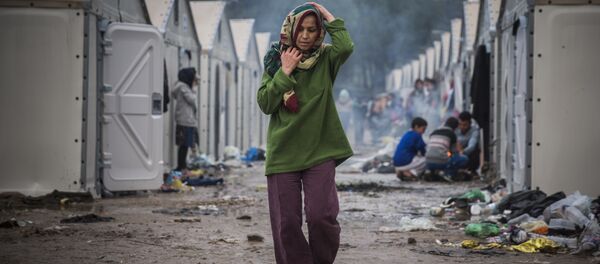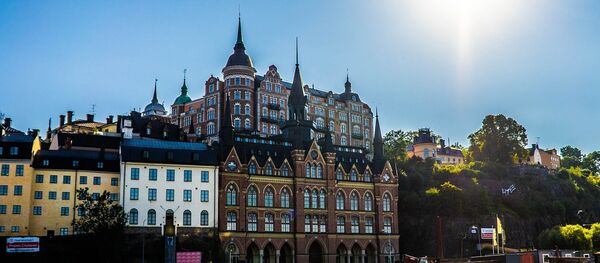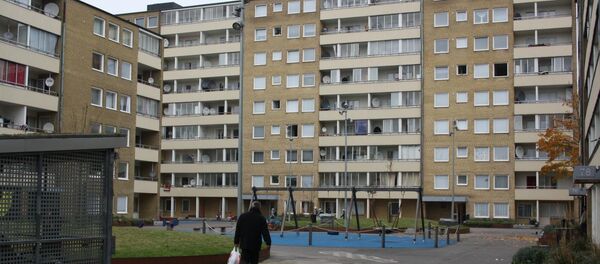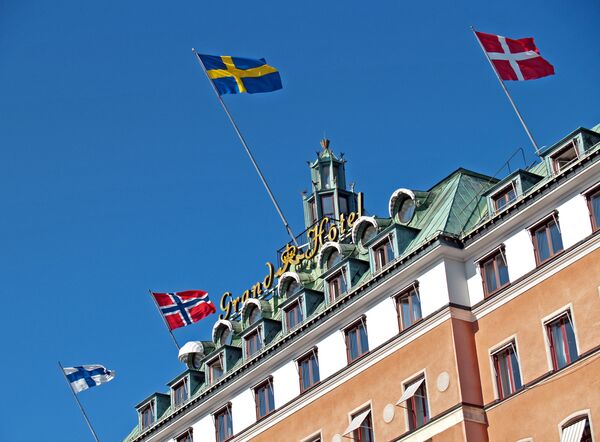"We've witnessed the increase for the past five years and have seen more families with children living in homelessness. We can also see more elderly people, who happen to fall between the cracks of homelessness because of low pensions," Marika Markovits, director of Stockholm City Mission told Swedish Radio.
Despite the fact that no national statistics on the number of homeless people in Sweden have been produced since 2011, a simple comparison of local statistics with the data from City Mission in Sweden leaves no reasonable doubt, Marika Markovits pointed out.
At the Stockholm City Mission emergency accommodation, one in each ten bunks is reserved for women.
"You need to stay tough, otherwise you will go under. Drugs, bad company or diseases become your downfall. Living on the street is not exactly healthy," Inger Larsson of City Mission told Swedish Radio.
Meanwhile, Swedish municipalities, the majority of which already suffer from a severe housing shortage, are coming under increased pressure in the aftermath of last year's migrant crisis. In 2015, Sweden took in a record 163,000 asylum-seekers. In 2016, around 70,000 were granted residence permits and are to be distributed among the country's 290 municipalities, 240 of which are already experiencing housing shortage. According to previous estimates, Sweden, a nation of roughly 10 million, will need 710,000 new homes by 2025.
Sometimes, however, municipalities resort to odd solutions to evade penalty and work against the lack of housing. Stockholm City decided earlier this week to procure hotels for migrant accommodation. The initiative is believed to cost the city up to 40 million SEK ($4.5mln) worth of tax money, Swedish economic newspaper Dagens Industri reported.
"I believe it is unfortunate to choose such an expensive accommodation solution. Besides, this is bad for both tax-payers and integration," Christian Democrat group leader Erik Slottner told Dagens Industri.

